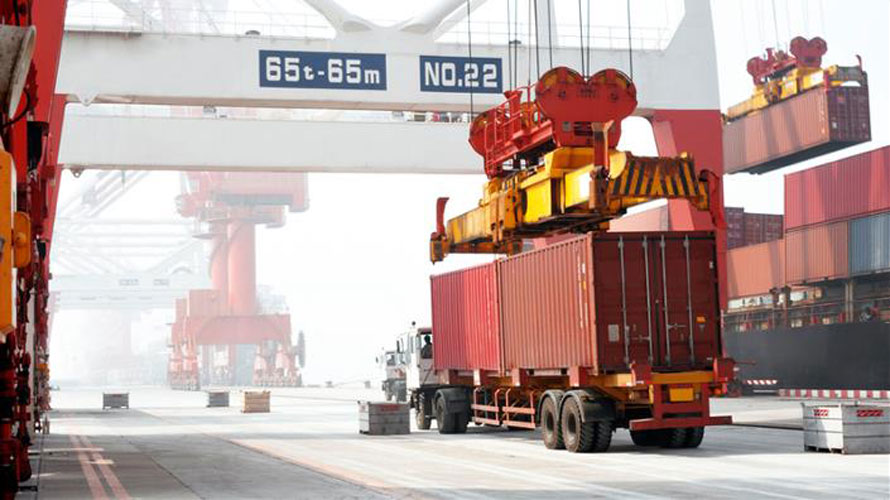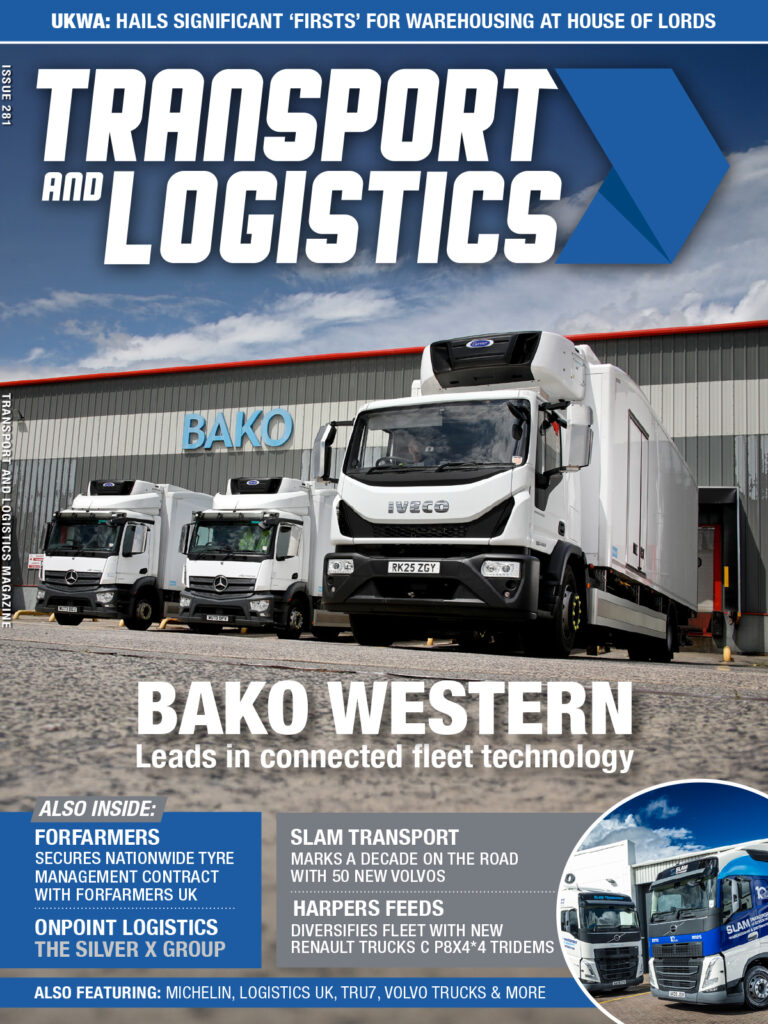Some assertions in the report have upset the haulage industry, but overall the report has some good ideas, the industry says
The Institution of Mechanical Engineers is calling on the government to urgently introduce a national multi-modal freight strategy in a move to ease traffic congestion, improve air quality and boost the economy.
The report ‘UK freight: in for the long haul’ says that up to 30% of all commercial vehicles on UK roads are empty and about 150 million miles are driven unnecessarily. The IMechE believes a national strategy could outline plans to make better use of “urban consolidation centres”, where joint local deliveries can be organised.
The report also points out the need to better co-ordinate air cargo. Currently up to 400 tonnes of perishable goods arrive by aircraft at Heathrow every morning, and many goods need to be tested in laboratories for quality before they can be processed through customs.
The samples are sent to Cambridge for testing, in a process that takes about 24 hours. The installation of laboratories closer to the airport, as they have done in Frankfurt airport, would reduce costs and speed up the process.
The report adds that much could be done to improve co-ordination and efficiency in shipping. For example, at the moment 65% of the UK population lives within a 150-mile radius of Liverpool Port. However, 91% of our deep-sea goods enter or leave via either Southampton or Felixstowe.
This is estimated to equate to 150 million wasted road miles, 200,000 additional truck journeys – increasing road congestion – and creates about 0.2 million tonnes of unnecessary CO2 emissions from moving goods to where they are needed.
Philippa Oldham, head of transport at IMechE and lead author of the report, said: “The government must urgently look to create a strategy which looks at the entire range of transport methods used to deliver freight that have the potential to ease congestion, improve air quality and boost the economy ― as well as making travelling and commuting more agreeable for the public as a whole.”
The Freight Transport Association (FTA) rejected some assertions in the report. Christopher Snelling, FTA’s head of national and regional policy, said: “IMechE itself notes in the report that the 30% (empty running) figure is not representative of the situation as it includes such things as petrol and milk tankers returning to base, where there is literally nothing you could put in them. So it is disappointing that they chose to put it forward without that caveat in their press release.”
Regarding the claim of wasted lorry miles, Snelling said: “These deep sea ships will call at south-east UK ports as one call out of six or seven in the northern European sea corridor – that is northern France through to the Baltic. There is no prospect of them diverting en masse to north-west England.”
“The logistics industry is working hard to maximise efficiency and minimise social impacts like pollution. There are some good ideas and useful points in the report that IMechE has produced today.”












